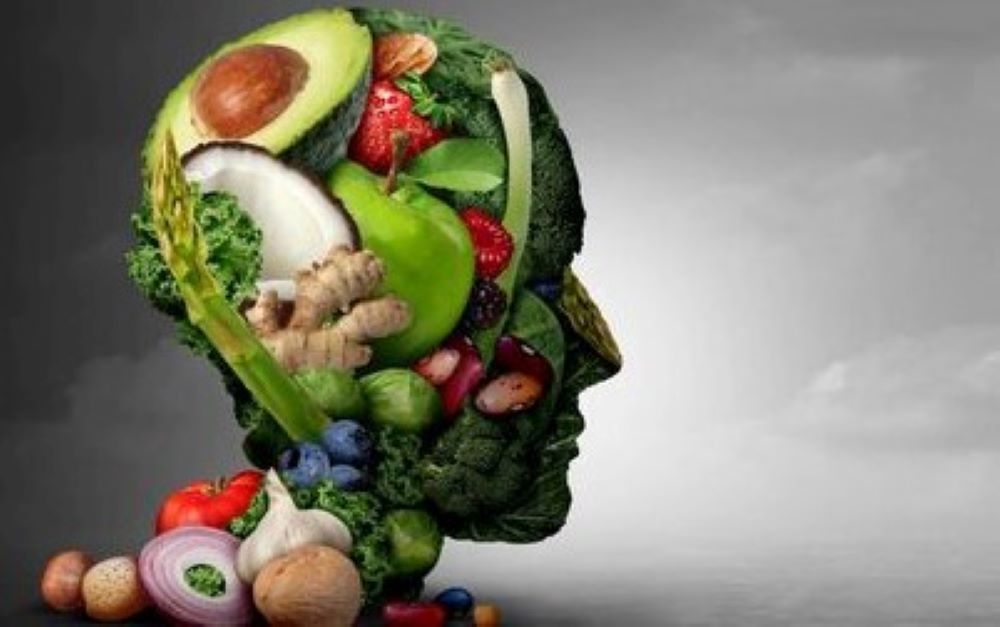Common chemicals in food can affect the human genome, changing the genetic structure, and affecting the degree of influence diet has on the balance between health and disease.

Amela Ivkovic O’Rilley
Food – our need for it is primary, but our relationship to it is complex. Our bodies still treat food as if it is a prerequisite for survival. And food has become more than available; plus our innate craving for sugars and fats. And that is the path of bodily destruction. Food is full of biologically active molecules that have a huge impact on our health. We are what we eat – the food we eat defines the life we lead.
And still, no matter how much scientific research we have available, we will continue to only have enjoyment in mind for some time to come. For some people, eating for health and satisfaction at the same time is impossible to achieve. Establishing a balance can be difficult, fraught with complications and confusing due to the marketing messages of food producers.
Nutrients affect bodily functions, protect against disease, restore health and determine people’s response to changes in the environment. Under certain circumstances, diet can be a serious risk factor for many diseases. Common chemicals in food can affect the human genome, changing the genetic structure, and affecting the degree of influence diet has on the balance between health and disease. Some diet-regulated genes are likely to play a role in the onset, progression, and severity of chronic diseases. Nutritional intervention based on the knowledge of nutritional needs, nutritional status and genotype (‘personalized diet’) can be used to prevent, alleviate or treat chronic diseases.
Nutrition is the application of the science of diet with the purpose of promoting healthy living. As a nutrition therapist, I use a wide range of tools to assess and identify potential nutritional imbalances and understand ways that contribute to an individual’s symptoms and health problems. This approach allows you to work with individuals to address nutritional balance, helping the body maintain its health. Nutrition is recognized as a complementary medicine and is relevant for individuals who have chronic conditions, as well as those who seek support to improve their health.
Each individual is unique and uses customised diet and lifestyle programs, as opposed to a ‘one size fits all’ approach. A nutritionist never recommends therapy as a substitute for medical advice and always refers any client with ‘red flag’ symptoms to a doctor. We often work together with medical professionals to ensure the best possible therapy program.
Nutrition therapists are uniquely trained to understand how nutrients, other foods, and lifestyle factors affect bodily function by considering biochemical individuality, and always with a focus on the patient. Typical priorities in nutrition counselings include support for achieving optimal energy levels, a healthy blood sugar balance, emotional and psychological balance, optimal digestive health, and tolerance to a wide range of food groups.
It is important to consult a qualified nutritionist, because a few nutrition courses do not guarantee quality of service. A bad treatment can bring each of our individual health conditions to a worse condition than we started with, in the long run. This is especially true of influencers who recommend ‘super diets’ in the media, aimed at the broad masses to achieve weight loss or the like. This puts people in danger of getting more ill and activating another disease. They can get an apparent ‘effect’ that lasts for a couple of weeks or months, but then they are in for a worse health status, weight gain, new diseases and problems.
Amela Ivkovic O’Rilley, nutritionist



Leave A Comment